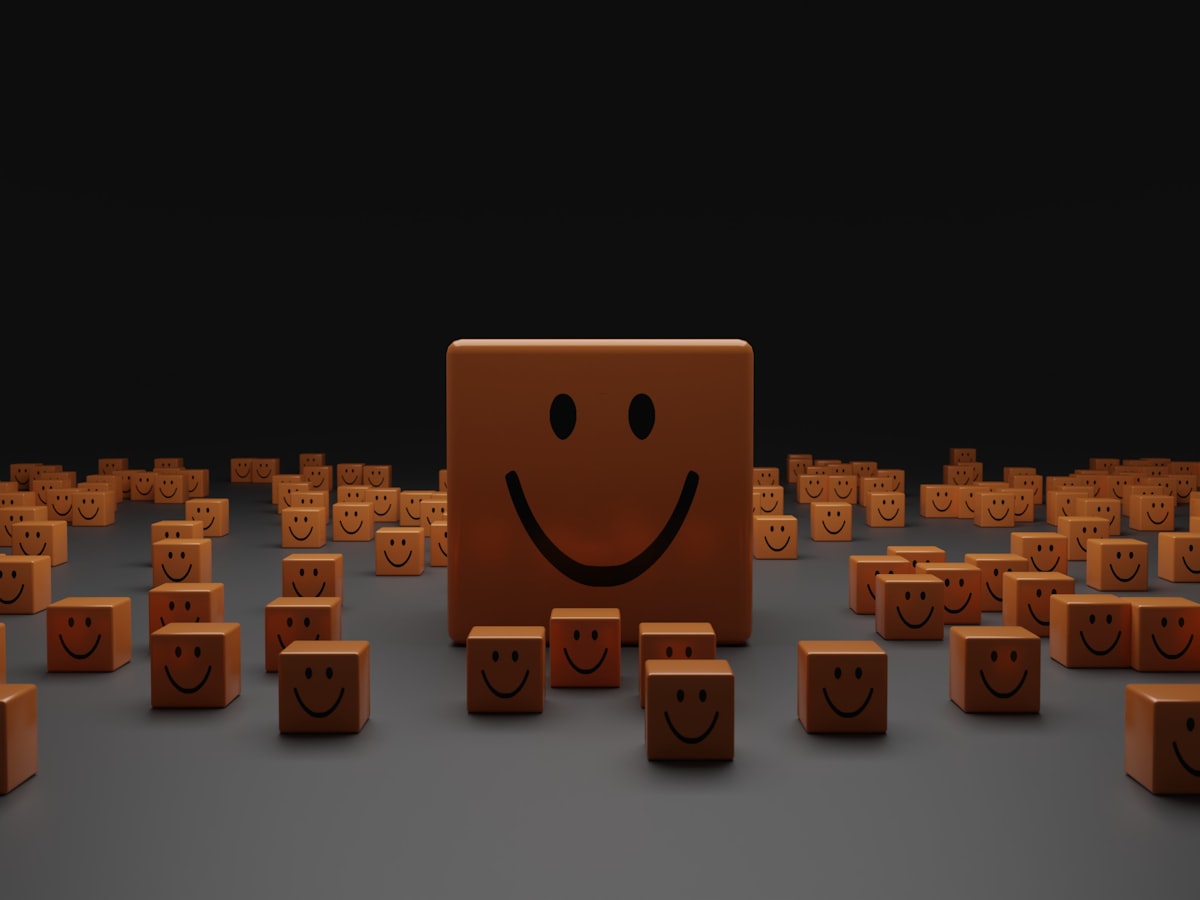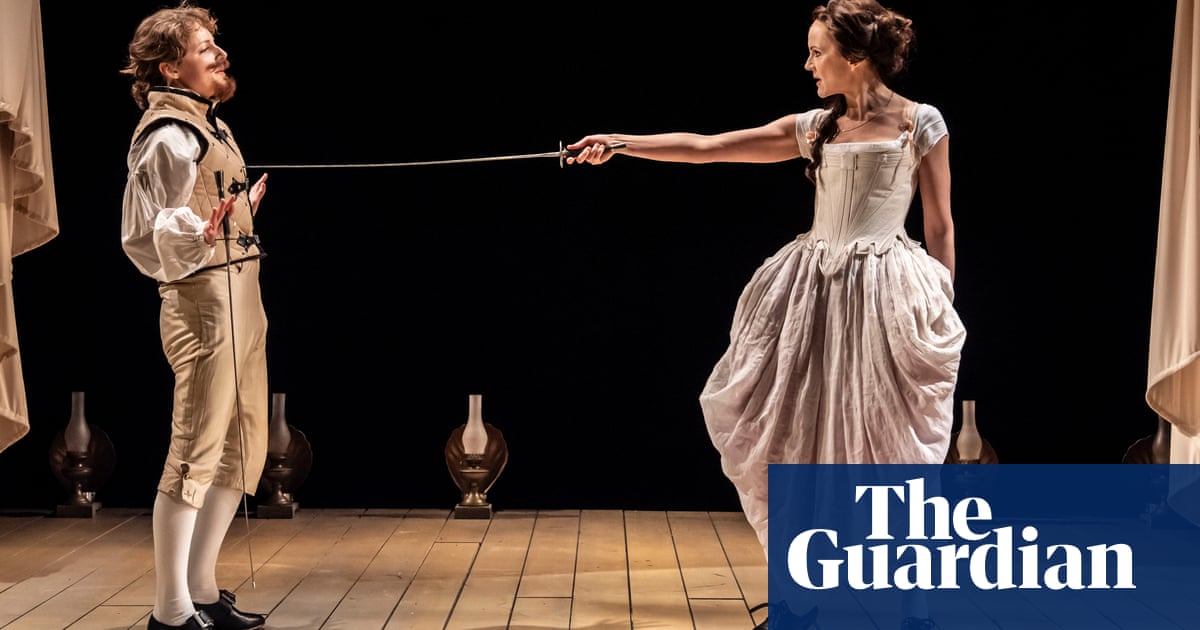This week's best things
The National Theatre marks 100 NT Live productions, the rise of customer satisfaction surveys, how much does a play change during previews, the biggest cruise ship ever, and the tail orchestra

What we’ve learned from 100 NT Live productions
An article from Rufus Norris (Artistic Director of the National Theatre) in The Stage, reflecting on 100 NT Live productions [the NT have produced a short documentary about the milestone]
Whilst it's encouraging that this initiative is now celebrated, there is a glimpse here into the mindset that is still present around so many conversations in the sector when it comes to creating new, more remote or hybrid forms of experience.
"When the NT Live ‘experiment’ launched with Phèdre starring the magnificent Helen Mirren in 2009 – broadcasting to around 270 venues worldwide – I confess, I was a complete sceptic. I knew that theatre was dependant on the live relationship between audience member and actor, and any compromise was suspect. I had too often seen a terrible archive recording of something made with care shot from the back of the stalls, and withered with shame at the resulting record. I was wrong."
I've had a few chats with the people who were instrumental both in the setting up of the 'NT Live experiment' and, subsequently, NT At Home and it is that experimental, entrepreneurial, and forward-thinking mindset that the sector could do with more of.
Equally, what worked for the National Theatre will not work for every organisation. NT Live/At Home is not the only model to look to.

The rise of annoying customer satisfaction surveys and questionnaires
I read two things this week about customer feedback.
The first, from Adam Rogers, was triggered by an experience he had following taking his son to the doctor and afterward receiving an [automated] email asking for feedback.
He started to notice this happens, everywhere all the time.
"We're all getting more requests for feedback. Global spending on market research has doubled since 2016, to more than $80 billion a year. More than half of that money is doled out in the United States, and a fifth of it — $16 billion! — is devoted to customer surveys."
And he also noticed a pattern in what the questions in these surveys were asking about.
"Most of the time I'm not asked to evaluate the quality of a product or service. I'm asked to evaluate the experience, the meta-consumption that drives our hyperactive service economy. [...] Bad enough I'm providing free labor to help a transnational corporation improve its share price or "evaluate" a low-paid, overworked, nonunion employee. It's more than annoying. I'm starting to suspect it's unethical."
And this piece from Matt Ballantine makes this observation that many of these surveys are badly designed and they probably aren't actually generating any useful insights about the thing that the company asking the questions probably wants to find out about.
"But even more problematic is that NPS isn’t even used by organisations for the purpose it was originally intended. Go back to the original HBR article and you will find it quite clear that the inventors believed it was a predictor of company growth. Yet NPS is used almost exclusively as a measure of customer satisfaction."
There is huge value in talking to your customers and asking them questions.
Thoughtful, appropriate, well-designed requests for feedback can be very useful, but the overwhelming, misconfigured, and fundamentally flawed approach that is described in these articles serves as a clear warning about the dangers of getting it wrong.

‘We still haven’t cracked it!’ How much does a play change during previews?
Many of my friends, and family, are theatre-makers. I'm always fascinated by the process of creation when it comes to performing arts.
It's quite incredible that so many divergent crafts can come together to deliver something coherent night after night.
Yet, I know from many (many) stories that this process is often fraught, chaotic, and incredibly last minute.

Crying Myself to Sleep on the Biggest Cruise Ship Ever
Not a digital thing, or a cultural thing, but I have been oddly fascinated by the Icon of the Seas since I first saw photos of it.
It looked like an AI-generated nightmare, and this piece in The Atlantic reports on what it is like to stay on the biggest cruise ship ever built.
"It looks like a hodgepodge of domes and minarets, tubes and canopies, like Istanbul had it been designed by idiots."

Digital Works Conference
I'm writing this edition from a hotel in Leeds, the sun is shining, it's 07:34am, and we've spent the last two days hosting the first Digital Works Conference at Leeds City Museum.
We'll be sharing photos and recordings from the event in the coming days and weeks, we'll also be publishing the essays that we commissioned for the programme on the Digital Works website.
What a great two days of sharing, learning, discussion and debate. It was so wonderful to catch up with lots of old pals and meet so many interesting new people.
Next year's event will take place in Bristol on the 21st-22nd of May 2025, tickets will go on sale next month, why not join us.
The Tail Orchestra
From my colleague, Natalia: "Here’s the Polish Radio Orchestra, with Krzesimir Dębski, a famous Polish composer, conducted by dogs. The pups are being shown toys and snacks, and the musicians follow the tail wags."




